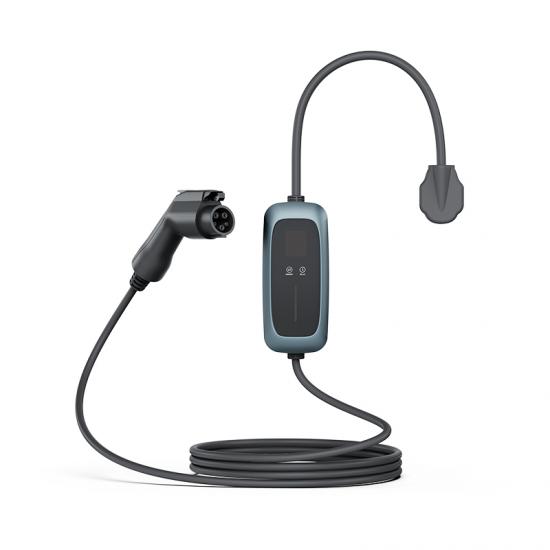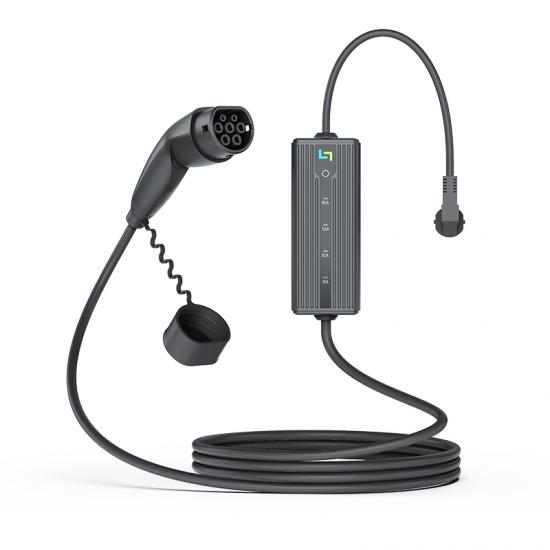As the electric vehicle (EV) market continues to expand rapidly, the demand for reliable and efficient charging solutions has never been greater. One of the most critical components in any EV charging system is the electric vehicle charging connector. It ensures a secure and efficient transfer of power between the charging station and the vehicle, directly impacting charging speed, safety, and overall user experience.
Understanding Electric Vehicle Charging Connectors
EV charging connectors come in various types, depending on the vehicle model, regional standards, and charging power levels. The most common types include:
Type 1 EV charger (SAE J1772) – Mainly used in North America, this single-phase connector is commonly found in Level 1 and Level 2 charging stations.
Type 2 charger EV (IEC 62196-2, Mennekes) – Standardized across Europe, this connector supports both single-phase and three-phase charging.
CCS (Combined Charging System) – A versatile option that integrates Type 1 or Type 2 connectors with additional DC fast charging pins for high-power charging.
CHAdeMO – A high-power DC fast charging standard developed in Japan, commonly used by brands like Nissan and Mitsubishi.
GB/T – The standard used in China, offering both AC and DC charging options.
Understanding these connectors is essential for businesses and EV owners alike to ensure compatibility and optimal performance.
Key Factors to Consider When Selecting an EV Charging Connector
1. Charging Speed and Power Handling
Different connectors support varying levels of power output. While AC connectors generally provide power up to 22kW, DC fast charging connectors like CCS and CHAdeMO can support up to 350kW, significantly reducing charging time.
2. Durability and Safety Features
A high-quality EV charging connector must be designed for durability, with robust materials that can withstand frequent use and harsh weather conditions. Safety features such as thermal monitoring, waterproofing, and overcurrent protection are also essential.
3. Compatibility with EV Models and Charging Stations
Selecting the correct connector ensures seamless integration with EVs and charging infrastructure. Universal options like CCS are gaining popularity due to their adaptability.
4. Compliance with Industry Standards
All EV connectors should comply with international safety and performance standards, including IEC 62196, SAE J1772, and UL certifications, ensuring reliability and regulatory approval.
Why Choose Our Electric Vehicle Charging Connectors?
As a leading manufacturer of EV charging solutions, Joycharge we provide high-performance, reliable, and industry-compliant EV charging connectors tailored to meet the needs of businesses, charging station operators, and EV owners. Our advantages include:
Wide Range of Products: We offer connectors compatible with all major global standards, including Type 1, Type 2.
Premium Quality Materials: Our connectors are built with durable, weather-resistant materials to ensure longevity and safety.
Advanced Safety Mechanisms: Equipped with overcurrent protection, waterproofing, and heat resistance for secure and efficient charging.
Customization Options: We provide tailored solutions to meet specific business and infrastructure requirements.
Global Reach and Expertise: With extensive industry experience and a worldwide customer base, we deliver cutting-edge EV charging technology.
Looking for a reliable EV charging connector solution? Contact us ( senk@yitongev.com) today to learn more about our premium charging connectors and how we can support your EV infrastructure needs!

